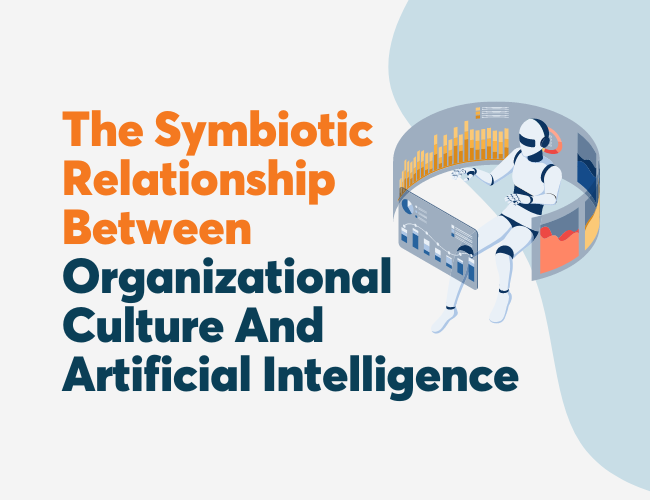As the pandemic dies down and COVID-19 vaccines become more widely available, employers are looking for advice on what they can do to get their employees back in the office in a safe and legal manner. To supply companies with the relevant guidance, the US Equal Opportunity Employment Commission (EEOC), which enforces workplace anti-discrimination laws, addressed a number of questions (e.g., whether incentives can be offered for getting vaccinated, in what scenarios must accommodations be given, etc.) in order to help employers ensure that they are not running afoul of a number of potentially relevant laws as they plan their return to the office.
Guidance On Incentives
Having vaccinated employees (and family members of employees) will make it safer for workers to return to the office and thus more reasonable for employers to request that they do so. On top of that, employers can receive tax credits for helping their workers get vaccinated. As a result, many companies have been considering offering their workers incentives for receiving one of the COVID-19 vaccines in order to increase the number that get vaccinated. However, they have been reluctant to do so before receiving confirmation from the EEOC that vaccine incentives are fair and legal.
Incentives Offered To Employees
There are a variety of scenarios in which employers may offer their employees incentives for getting vaccinated, and they don’t all implicate the same laws. As a result, the EEOC addressed these situations separately. To start, they examined the legality of offering an incentive to employees for providing proof that they received their vaccine from a third-party source (e.g., a pharmacy or a vaccination clinic). The main concern with this type of incentive is that it might violate the Americans with Disabilities Act (ADA), which, among other things, places limitations on the amount of medical information that an employer can obtain from an employee. The EEOC concluded that, by asking employees to provide proof that they have been vaccinated, employers are not acting in violation of the ADA because they are not asking a question that is likely to disclose the existence of a disability. However, they emphasized that the ADA requires employers to keep the information they receive confidential, as it amounts to medical information about the employee.
Next, the EEOC evaluated the scenario in which an employer decides to incentivize employees to receive a vaccination administered by the employer. They stated that employers can provide this type of incentive without violating the ADA as long as the incentive is “not so substantial as to be coercive.” This raises the question, when does an incentive become coercive? The EEOC does not provide tools for determining this. Ultimately, individual businesses will have to rely on their own judgments. Surprisingly, this restriction on incentives does not apply in the prior scenario, where companies ask their employers for proof of having received their vaccination from a third-party source.
Incentives Offered To Family Members Of Employees
When it comes to making the office a safe place to work, some companies are looking to make sure that the individuals that their employees interact with outside of work are also vaccinated. To this end, companies have been looking to offer incentives to employees for having their family members vaccinated.
The EEOC warns that this type of vaccine incentivization is in conflict with the rules laid out in the Genetic Information Non-Discrimination Act (GINA). This is because, in the process of vaccinating the family member, the vaccinator would have to ask them the pre-vaccination medical screening question. The EEOC notes that this poses a legal barrier because:
asking these medical questions would lead to the employer’s receipt of genetic information in the form of family medical history of the employee. The regulations implementing Title II of GINA prohibit employers from providing incentives in exchange for genetic information.
In other words, because the employee’s family members are genetically related to them, learning about their medical histories would provide employers with genetic information about their employees, which employers cannot offer incentives for providing.
Reasonable Accommodations
Employees may request accommodations or exemptions with regard to company policies related receiving a vaccine, getting tested for symptoms of COVID-19, having to return to the office after getting vaccinated, etc. In some cases, employers must provide the requested accommodation, though not always. Notable examples include scenarios in which:
- An employee is immunocompromised: The EEOC notes that some individuals who are immunocompromised “might still need reasonable accommodations because their condition may mean that the vaccines may not offer them the same measure of protection as other vaccinated individuals.”
- An employee refuses to permit the employer to take his temperature or refuses to answer questions about whether he has COVID-19, has symptoms associated with COVID-19, or has been tested for COVID-19: If an employee refuses to answer any of these questions, the EEOC states that “the ADA allows an employer to bar an employee from physical presence in the workplace.”
The full list of accommodations can be found in sections A and D of the EEOC’s updated guidelines.












